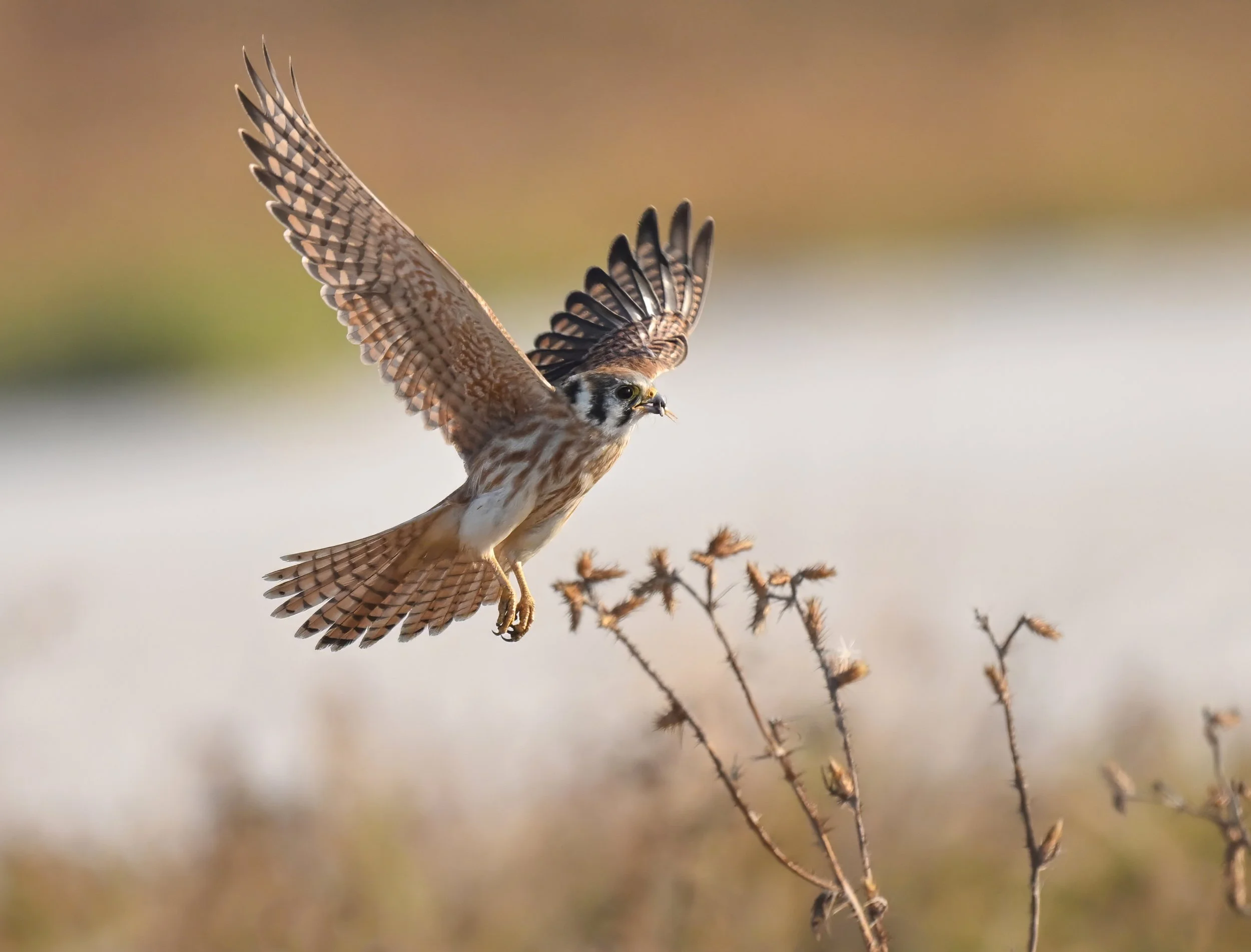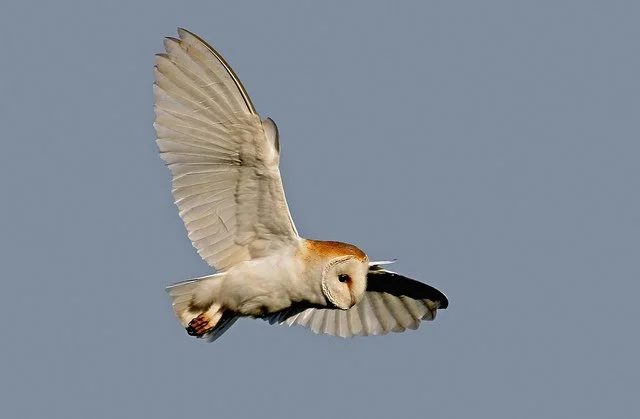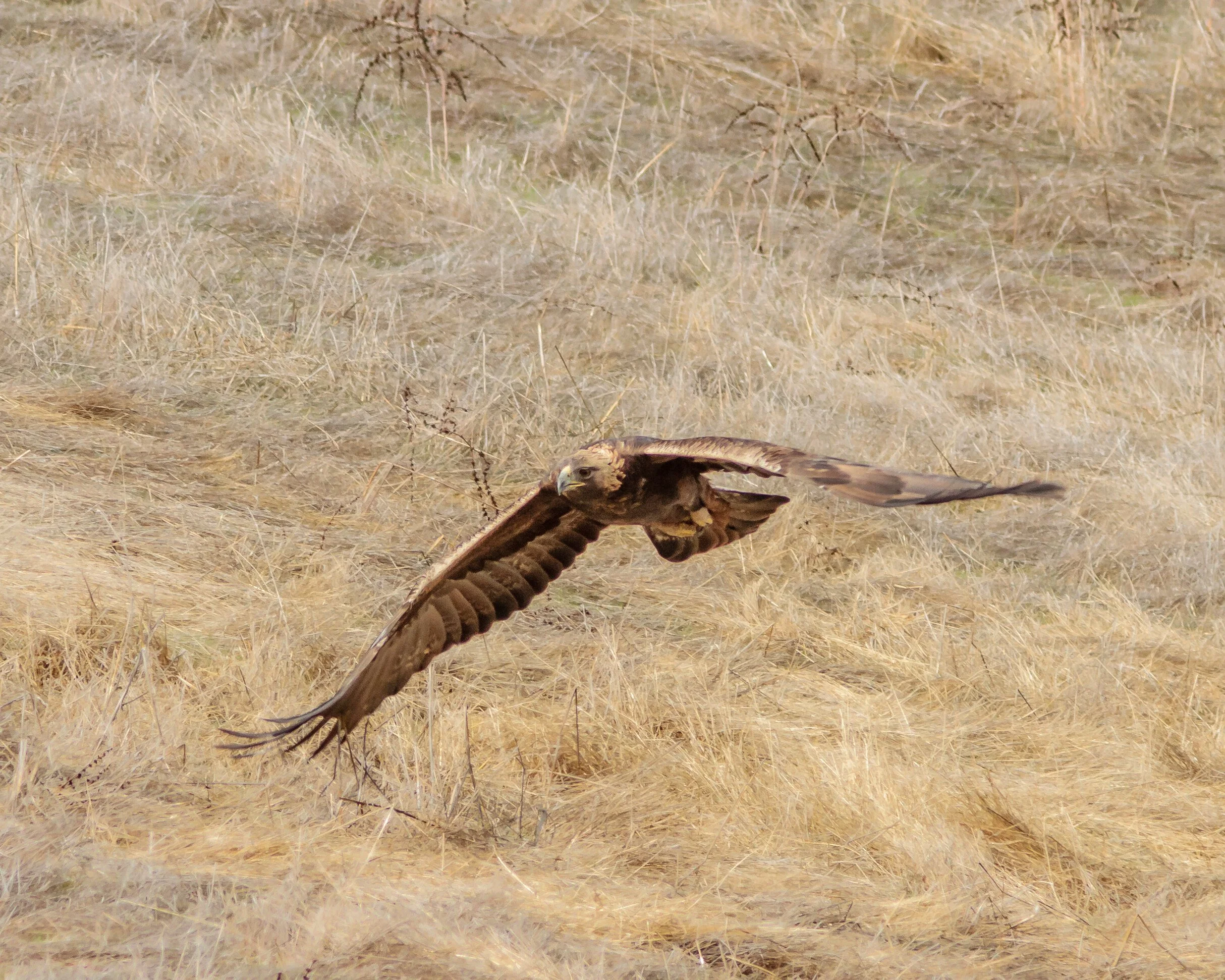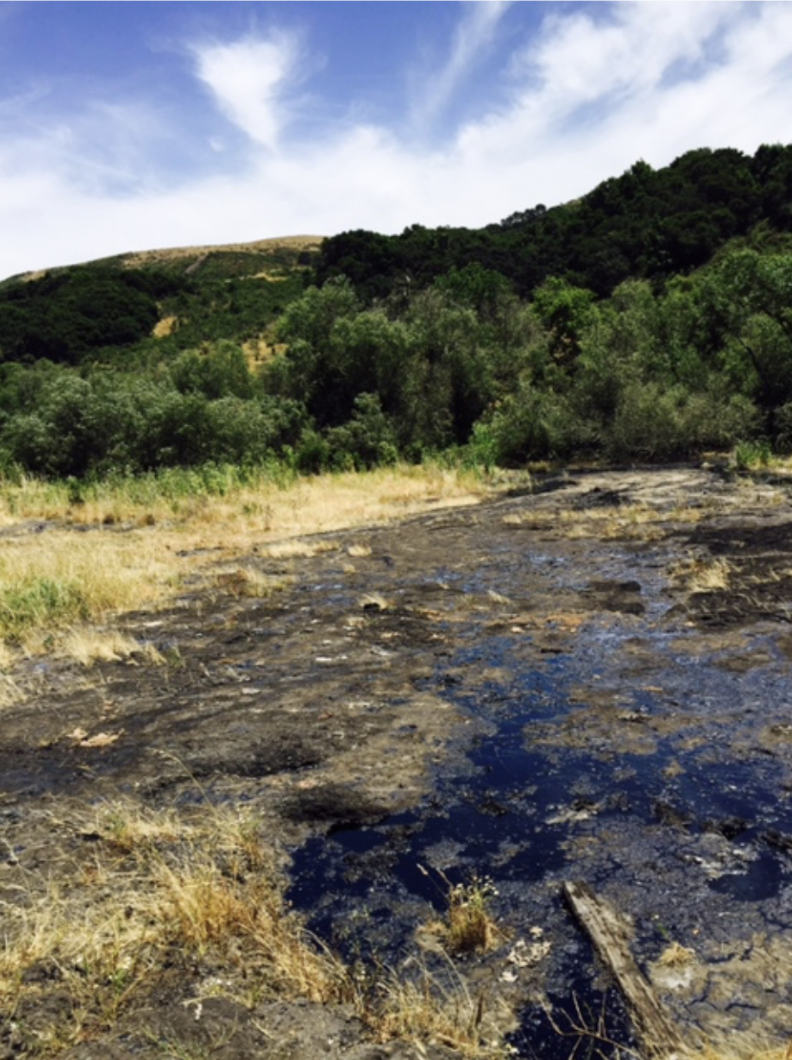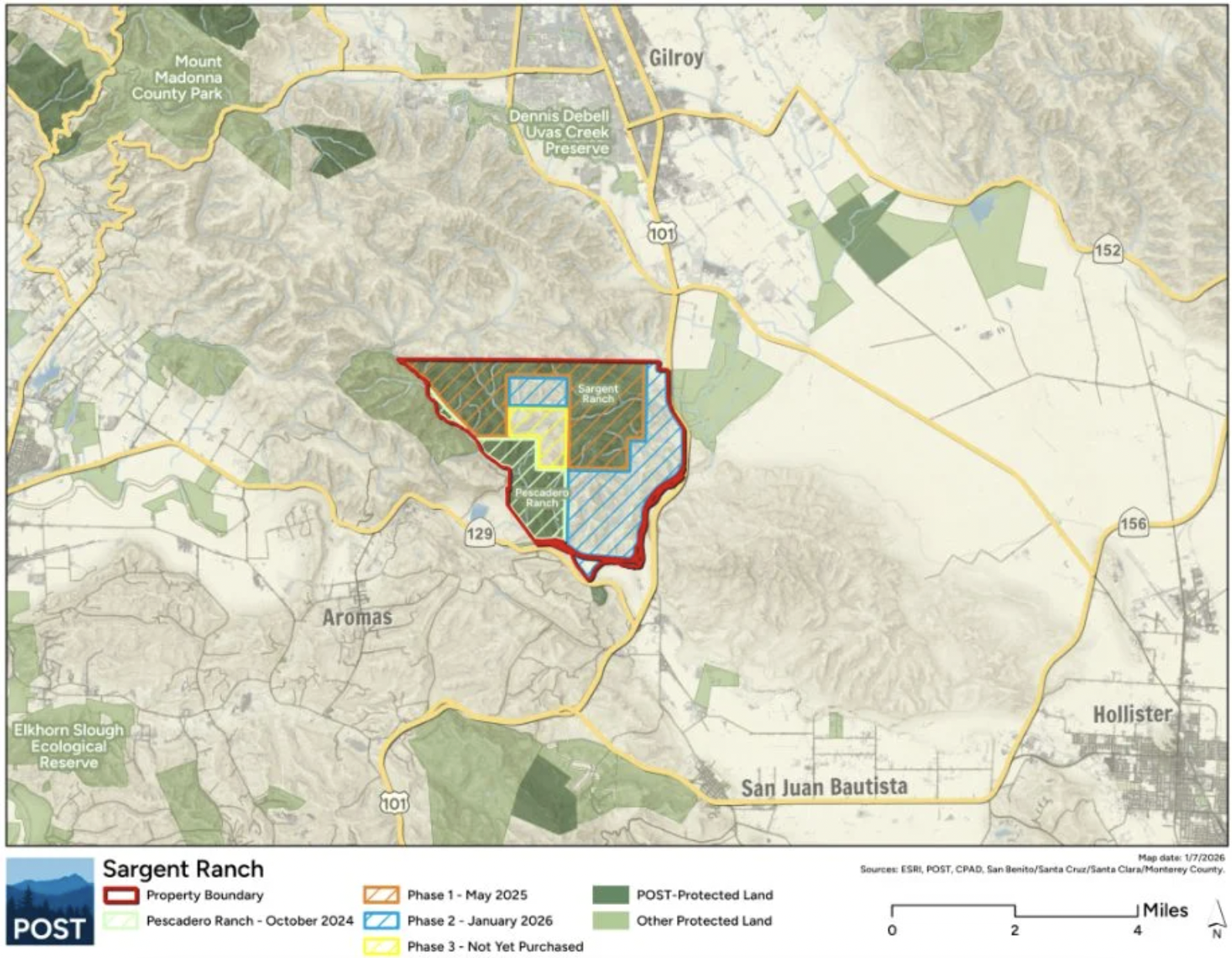Please Comment on the Heritage Oaks Memorial Park SEIR
The City of San José is accepting public comments on the Supplemental Environmental Impact Report (SEIR) for the proposed Heritage Oaks Memorial Park project in the hills above Coyote Valley. The project would introduce a gas-powered crematory, cemetery with lawns, buildings, roads, parking, utilities, and introduce long-term human activity into a largely undeveloped open space landscape that plays an important role in wildlife movement and habitat connectivity.
We are concerned!
Crematory, natural gas infrastructure: a crematory is an industrial land use that does not belong in the open space on the ridge between Coyote Valley and Calero reservoir. A better alternative would be placing the crematory in an industrial area of the City. The SEIR does not explore alternative locations for a crematory, and does not adequately analyze the impacts of construction of natural gas infrastructure that is needed to support a crematory. Long-term air and greenhouse gas emissions from the proposed crematory are also not fully analyzed.
Wildlife connectivity: The SEIR underestimates landscape-level impacts to wildlife movement between ridgelines and the Coyote Valley floor and relies too heavily on site-level mitigation.
Human disturbance and edge effects: Even with limited lighting and no perimeter fencing, roads, structures, traffic, and ongoing visitation would increase noise, nighttime presence, and disturbance in sensitive habitat.
Recycled water. Watering lawns, even with recycled water, should be avoided in an era of climate change when water supply is fluctuating. Furthermore, the SEIR does not adequately address construction and groundwater risks associated with the recycled water pipeline.
What can you do?
Please submit a comment expressing these concerns.
Deadline: March 4
Email: Bethelhem.Telahun@sanjoseca.gov
CC: Mayoremail@sanjoseca.gov, District1@sanjoseca.gov, District2@sanjoseca.gov, District3@sanjoseca.gov, District4@sanjoseca.gov, District5@sanjoseca.gov, District6@sanjoseca.gov, District7@sanjoseca.gov, District8@sanjoseca.gov, District9@sanjoseca.gov, District10@sanjoseca.gov
BCC: Advocate@scvbirdalliance.org
Subject Line: Heritage Oaks Memorial Park SEIR
Suggested Opposing Statement (feel free to copy/paste or elaborate):
I oppose approval of the Heritage Oaks Memorial Park project and the Supplemental EIR as proposed. The SEIR does not adequately address impacts to wildlife connectivity, habitat fragmentation, and the long-term consequences of introducing roads, structures, and sustained human activity into a largely undeveloped hillside landscape.
The proposed crematory would introduce ongoing air emissions and an industrial land use into this sensitive setting. The SEIR fails to adequately analyze these impacts or to evaluate reasonable alternative locations that would better protect wildlife, open space, and nearby communities.
Please do not allow a crematory in this location.


